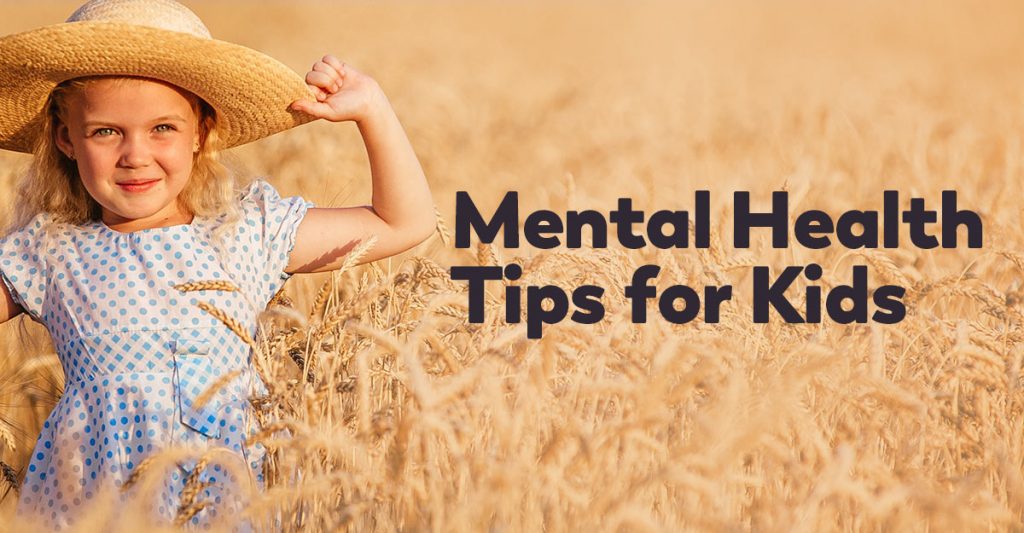
It’s evident that 2020 has not been an easy year for families, and kids especially have struggled with the grief and uncertainty caused by living through a pandemic. While some families have banded together this year, others have become more acutely aware of issues and challenges that need to be addressed. Mental health is a key part of overall wellness at any age, so let’s go over some mental health tips for kids that you can call to mind when the need arises.
How to Support Mentally Healthy Kids
Thankfully, even in the midst of a difficult year, we don’t have to reinvent the wheel as parents. According to Mental Health America, children need a few basics to thrive mentally. This includes; safe and secure surroundings, unconditional love, supportive parents and teachers, time to play with peers, appropriate guidance and discipline, and encouragement toward a strong self-esteem. Focusing on these basics may help many grownups streamline their focus and when it comes to parenting interventions.
Handling Hard Times with Kids
Every family has fights, and works through struggles differently, but these mental health tips for kids and families may prove helpful.
Stay Calm
When you get overly upset, your children will too, so modeling a measured response can be a serious gift to your kids. Many parenting situations don’t need to be solved immediately and may benefit from a bit of brainstorming. Before you react to a situation, take a deep breath and do your best to engage calmly. Remember that no one is perfect, so when you yell or mess up, don’t be afraid to apologize.
Special Time
Research shows that parents who make the time to spend one-on-one special time with each child, even for 5 minutes a day, have happier kids and more connected families. Let your child choose what they want to do with you and do your best to invest fully, putting your phone away and eliminating distractions as best you can.
The Importance of Listening
If you walk in on your kids fighting or catch your child doing something wrong, take the time to listen to them before doling out discipline. Sometimes simply trying to understand your child’s perspective makes the best path of action obvious.
Make time for Play
Playtime is incredibly important for kids of all ages, and making time to play as a family can help strengthen relationships and minimize fighting. When you play together, you laugh, relax, and enjoy your favorite aspects of your family member’s unique personalities.
Supplements to Support Kids’ Mental Health
In addition to all the advice given above, diet and supplements can play a key role in your child’s physical and mental health. Here are a few products and brands we trust and recommend:
Calm Kids from Terry Naturally
If your kid is struggling to sit still and complete a task, both at home and in the classroom, Calm Kids from Terry Naturally may provide some help. Each capsule can be added to yogurt or applesauce and may promote mental focus, a calm mind, and emotional wellbeing.
Kids Calm Restore Herbal Drops from Gaia Herbs
If your child is struggling with anxiety or nervousness, Kids Calm Restore Herbal Drops from Gaia Herbs may prove helpful. This calming blend includes herbs such as American skullcap, California poppy, lavender, and passionflower, which may help calm restlessness and nervousness as well as promote restful sleep.
What are your best mental health tips for kids? Share your experiences and advice with our community in the comments section below.
